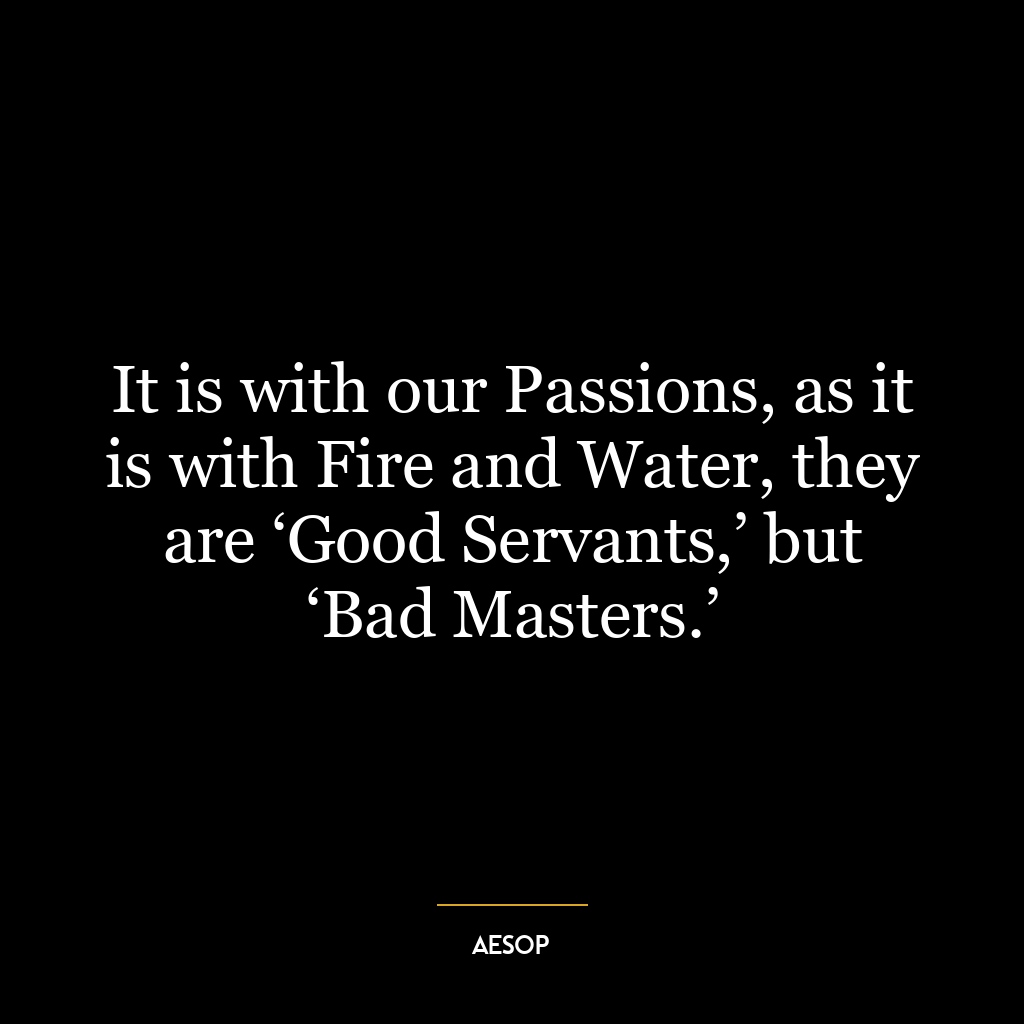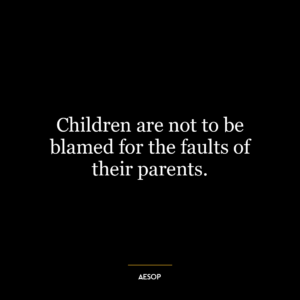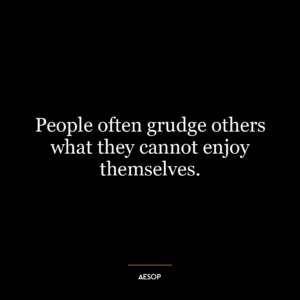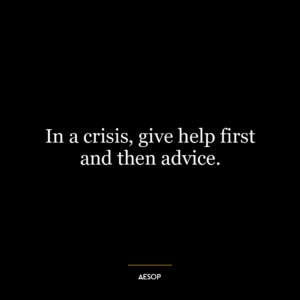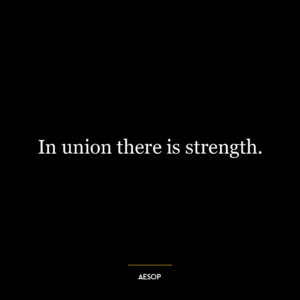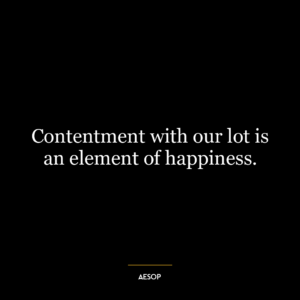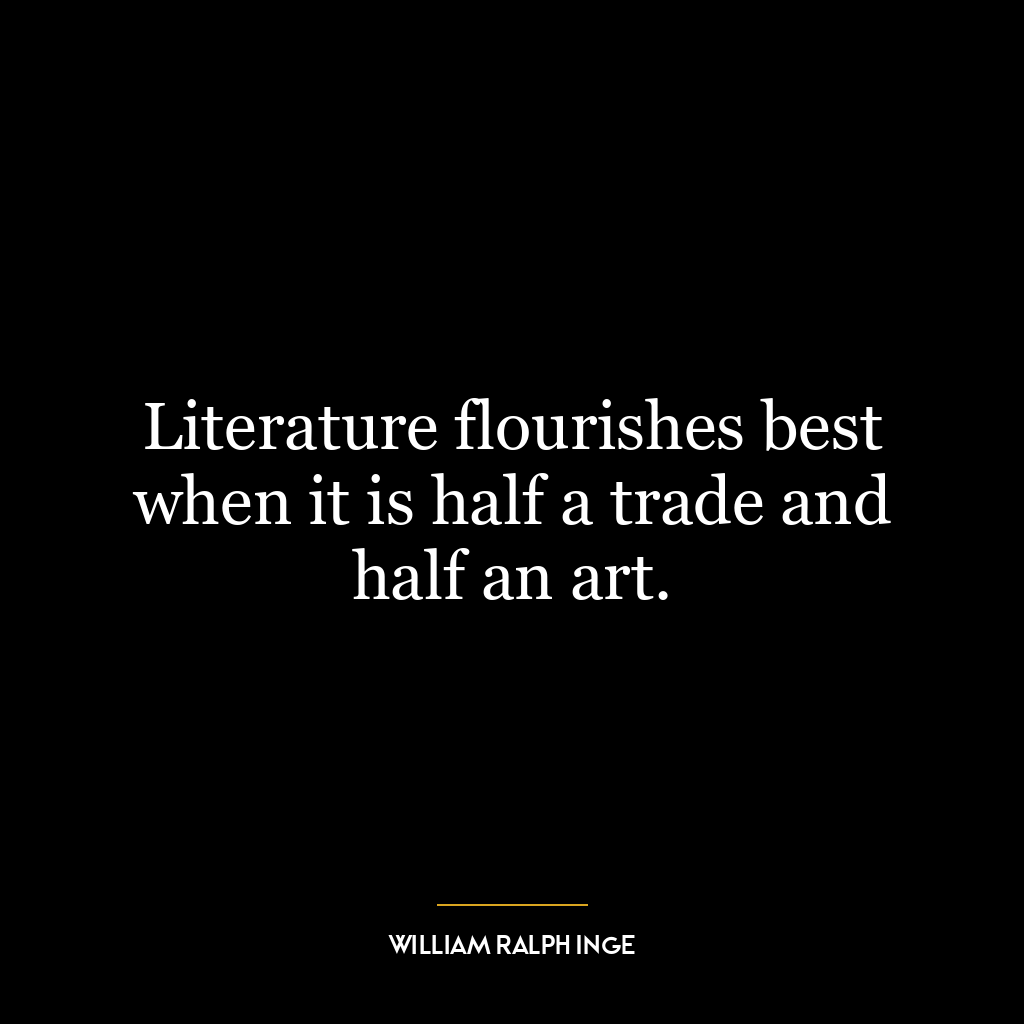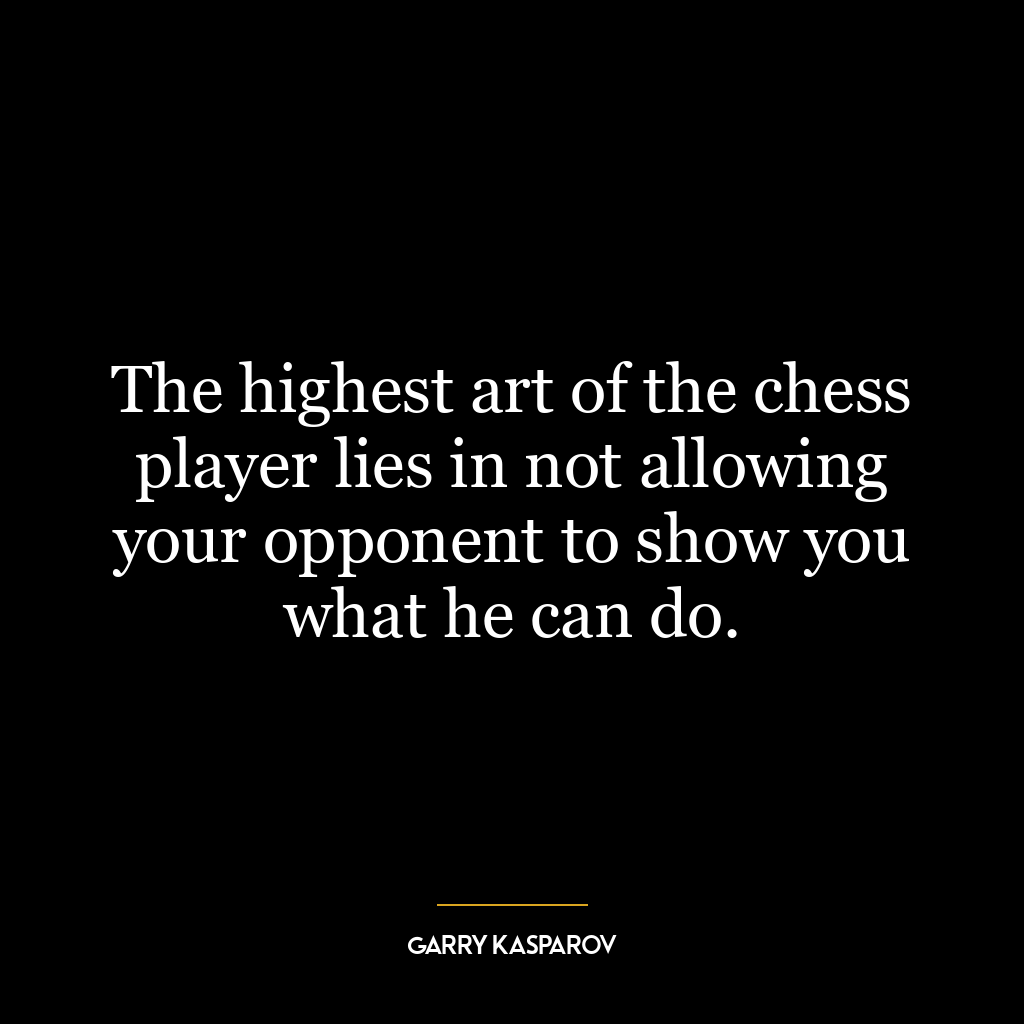It is with our Passions, as it is with Fire and Water, they are ‘Good Servants,’ but ‘Bad Masters.’
This quote uses the analogy of fire and water to illustrate the dual nature of human passions. Fire and water can be both beneficial and destructive, depending on how they are controlled. In the right circumstances, they can be incredibly useful – fire can provide warmth and cook food, while water can quench thirst and aid in hygiene. However, when they are not controlled, they can wreak havoc, just like a wildfire or a flood.
Similarly, our passions – our intense, driving emotions or interests – can be a powerful force for good when they are properly harnessed. They can motivate us, inspire creativity, and drive us to achieve great things. But when our passions are not controlled, they can become destructive, leading to obsession, addiction, or harmful behavior.
Applying this to today’s world, we can see this concept reflected in many areas. In the professional world, for example, being passionate about your work can lead to innovation and success. But when that passion turns into workaholism, it can lead to burnout, stress, and damage to personal relationships.
In terms of personal development, understanding this quote can help us strike a balance in our lives. It encourages us to pursue our passions and use them as a driving force, but also to keep them in check and not let them control us. This might mean setting boundaries, taking time for self-care, or seeking help when our passions start to become harmful.
In a broader societal context, this quote can also relate to issues like consumerism, social media use, and political activism. These are all areas where passion can be a positive force, driving us to buy responsibly, connect with others, and fight for change. But they can also become destructive when they lead to overspending, online addiction, or extremism.
In conclusion, this quote is a reminder of the power of our passions, but also the importance of controlling them. It encourages us to use our passions as tools for positive change, but also to be mindful of their potential to cause harm.

